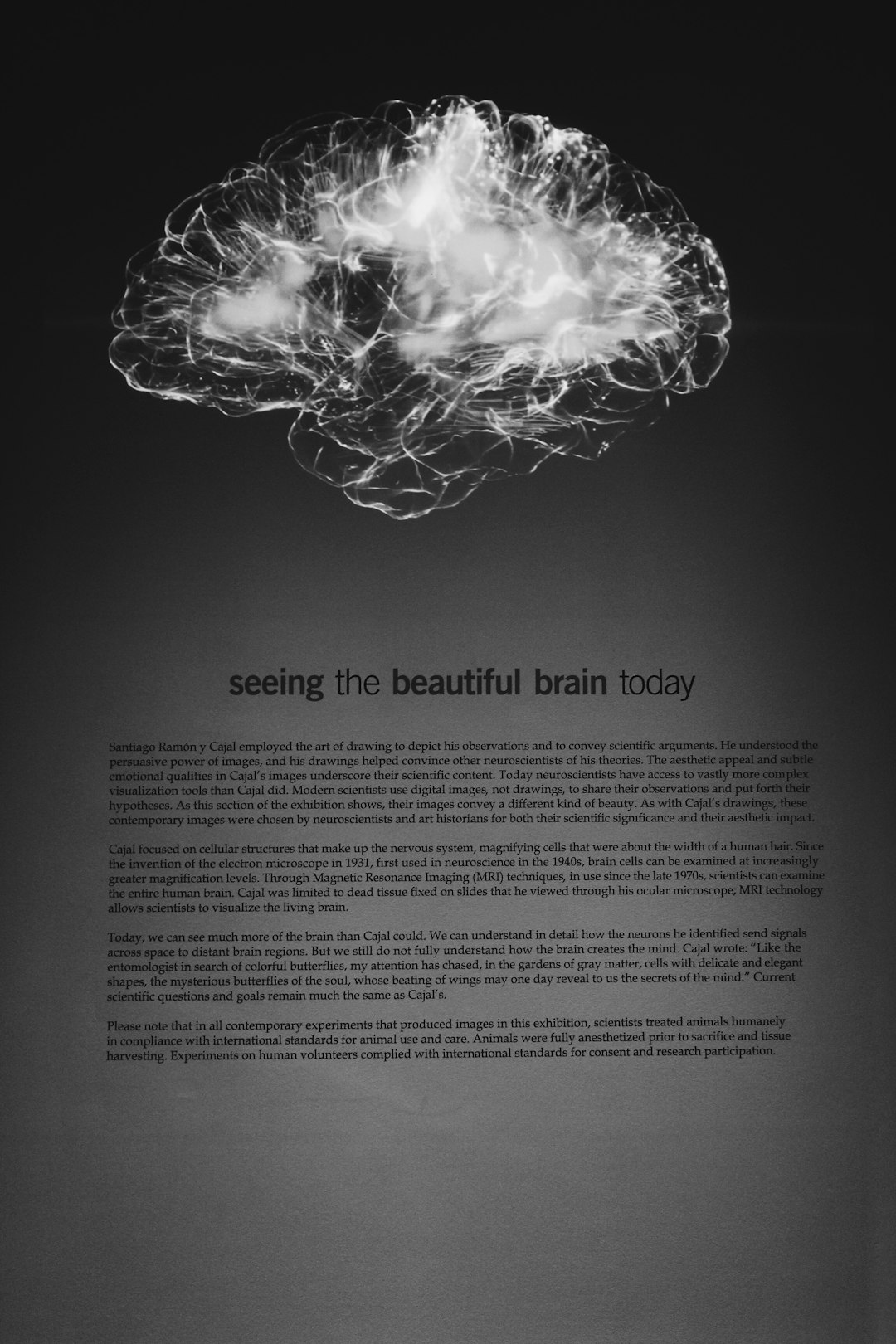Title: The Science and Art of the Perfect Nap: How to Power Up Your Day with Sleep
Introduction
Who would’ve thought that indulging in a nap—a childhood treat we once resisted—would become a secret lifehack for enhanced productivity and well-being? In today’s always-on world, napping can feel like a luxury or even an act of rebellion against hustle culture. But science shows that embracing the gentle power of napping may fuel our energy and creativity better than another cup of coffee. Let’s journey into the fun, surprising world of napping and learn how to make it work for you.
The Unique Power of Napping: An Overview
Long considered the domain of toddlers and cats, the nap is getting a makeover. Research shows that a well-timed nap offers unique benefits above and beyond regular nighttime sleep:
- Boosts creativity and problem-solving
- Improves memory and learning
- Enhances mood and emotional regulation
- Reduces stress and fatigue
- Supports heart health
But not all naps are created equal. There is, indeed, a science to getting it just right.
Types of Naps: Which One Is Right for You?
Not all naps serve the same purpose. Here’s a table to illustrate the types of naps and their unique perks:
| Nap Type | Duration | Best For | Effects |
|---|---|---|---|
| Power Nap | 10–20 mins | Quick energy boost | Improved alertness, minimal grogginess |
| Recovery Nap | 30–60 mins | After a short night’s sleep | Memory consolidation, some grogginess |
| Full Sleep Cycle | ~90 mins | Creativity & problem solving | Emotional & procedural memory, vivid dreams |
| Appetitive Nap | 10–20 mins | Pure enjoyment & habit | Mood enhancement, relaxation |
The Ideal Nap: Timing, Duration, and Setting
Timing
Nap too late, and you may disturb your nightly sleep; nap too early, and you may not need it yet. The circadian rhythm typically creates a “post-lunch dip,” making early afternoon (1–3 PM) the perfect time for most people.
Duration
Here’s a quick guide:
| Duration | Entry Stage | Risk of Sleep Inertia | Benefit |
|---|---|---|---|
| 10–20 minutes | Light NREM | Minimal | Quick energy boost |
| 30–60 minutes | Deeper NREM | Possible | Improved learning |
| 90 minutes | Full cycle | Unlikely | Creativity, memory |
Setting
- Quiet, dim or dark room
- Comfortable, with minimal distractions
- Eye mask and earplugs optional!
Famous Nappers in History: Inspiration From Great Minds
Nap guilt? Don’t! You’re in good company.
| Name | Nap Habit | Contribution |
|---|---|---|
| Leonardo da Vinci | Multiple short naps per day | Art, engineering, anatomy |
| Winston Churchill | Daily afternoon nap during WWII | War-time leadership |
| Salvador Dalí | Micro-naps with a key in his hand | Surrealistic creativity |
| Albert Einstein | Long nightly sleep + daily nap | Genius-level ideas |
The Lighthearted Side of Napping: Fun Facts
- Dolphins nap with half their brain awake to keep swimming.
- Cats spend up to 70% of their lives napping. It’s good to be a cat.
- NASA pilots were found to be 34% more alert after a 26-minute nap.
Tips for the Perfect Nap (Without the Guilt!)
- Set an alarm to avoid oversleeping and grogginess.
- Try “Caffeine Napping”: Drink coffee just before a 20-minute nap. Caffeine kicks in as you wake up!
- Keep it short during the workday—20 minutes is your golden ticket.
- Don’t nap after 4 PM to protect your nighttime sleep.
- Create a ritual: A pre-nap routine (herbal tea, a calming song) signals your body it’s time to relax.
The “Nap Scorecard”: Should You Nap Right Now?
Use this simple table to decide if a nap is right for you:
| Symptom | Recommended Action |
|---|---|
| Eyelids heavy after lunch | Take a 10-20 minute power nap |
| Snappy, irritable mood | Try a 30-minute recovery nap |
| Struggling to focus | 10-20 minute nap or brief walk |
| Slept poorly last night | 30-60 minute nap if schedule allows |
| Wide awake and productive | Keep going—save a nap for later! |
Conclusion: Make Napping Your Superpower
Napping is an ancient and highly effective way to restore your body and sharpen your mind. Far from being unproductive, a smart nap is a secret weapon used by creatives, leaders, and high-performers. So go ahead—close your eyes for a bit and wake up ready to take on the world (or at least the next Zoom call).
--
Remember: Life’s too short to fight sleep. Be a napper—not a nap shamer!
References:
- Harvard Medical School: The healthy nap?
- National Institutes of Health: Benefits of napping
- NASA Fatigue Studies
Sweet dreams—you’ve earned them!
